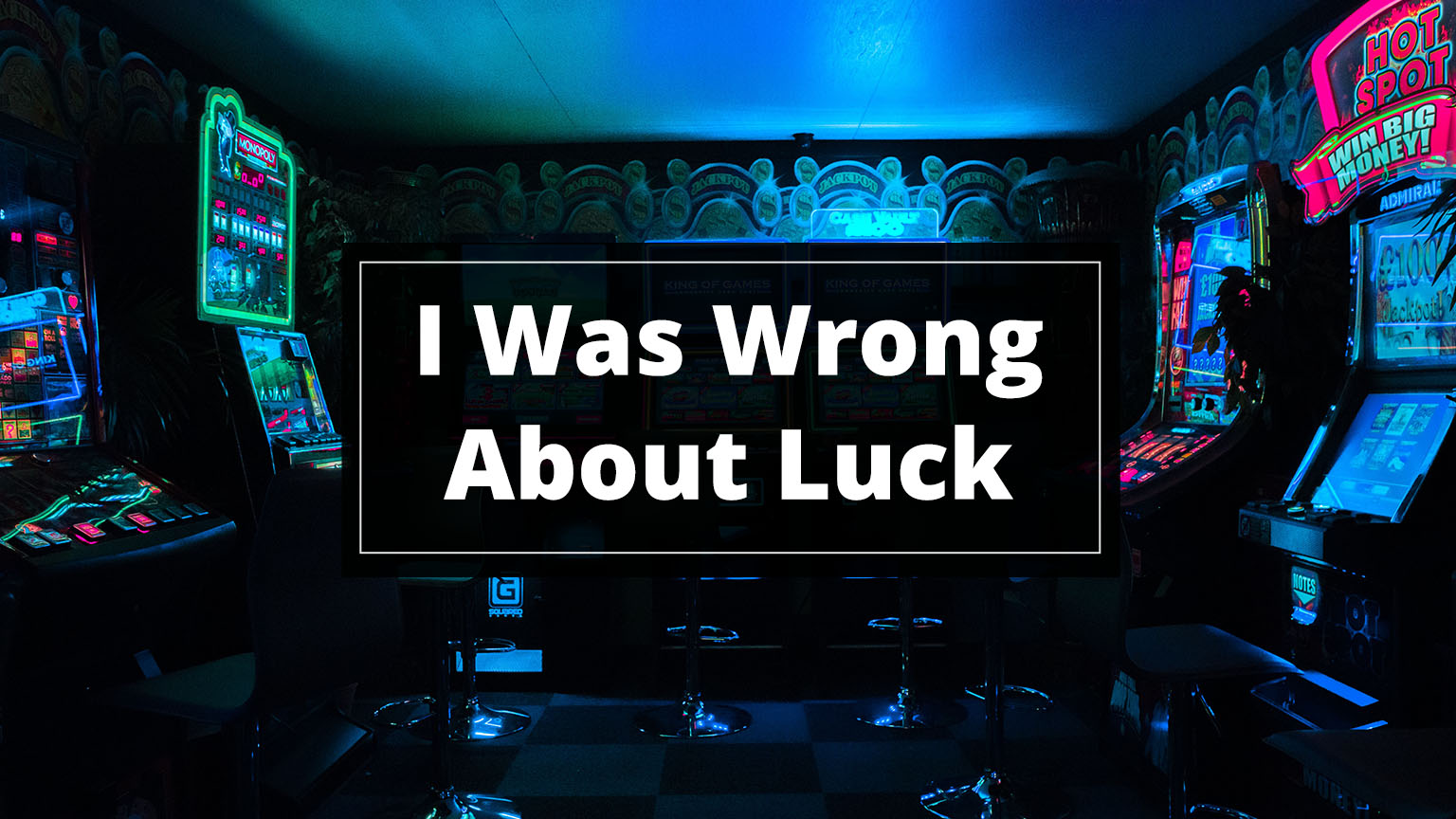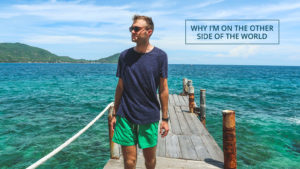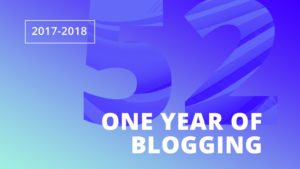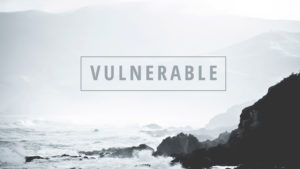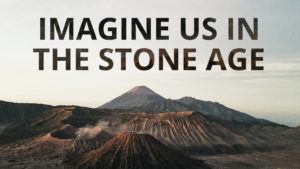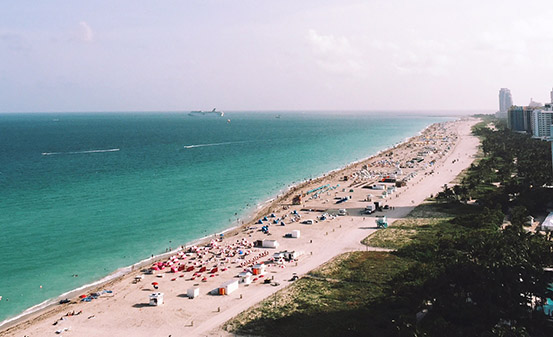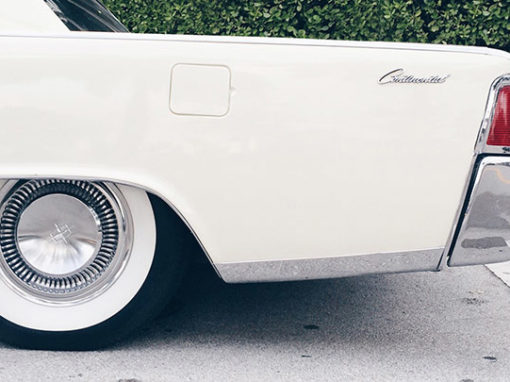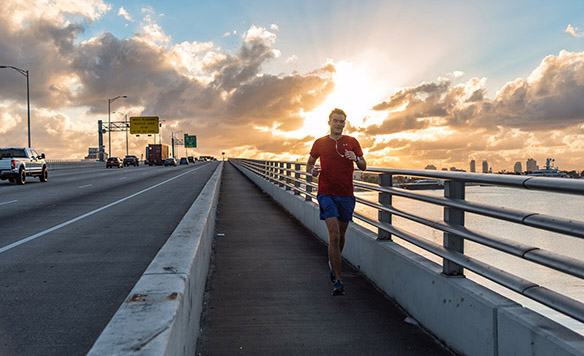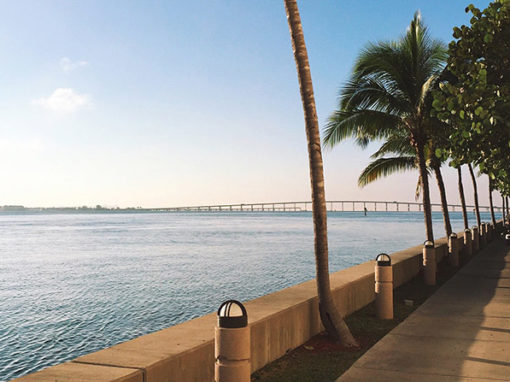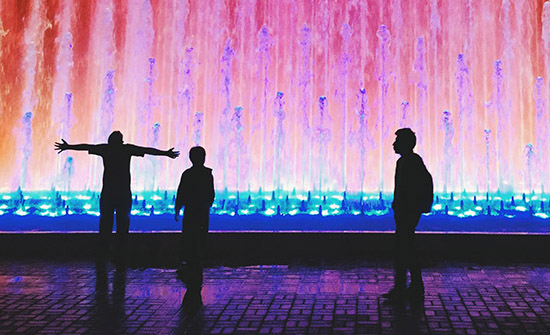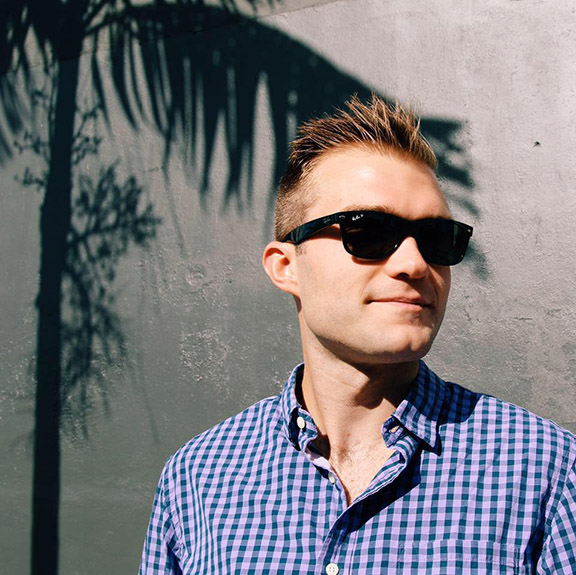Luck (noun): The events or circumstances that operate for or against an individual, considered as the result of chance.
A few weeks ago, I wrote an article about being in the right place at the right time.
In the very first section, I proclaimed that “I don’t believe in luck.”
My point in saying this was to prove how what we frequently call “luck” (whether it be investing in a company that grows 100x, creating a blog that goes viral, etc.) often comes down to perseverance and taking advantage of every opportunity. In other words, we can’t sit around and wait for good things to happen.
I’ve spent a great deal of time thinking about that statement since, and I need to be honest with myself and my readers: I screwed up. My statement about luck was narrow-minded. I would be lying to myself if I stood by it.
Let me tell you why…
It all started while listening to M. Sanjayan’s episode of the Tim Ferriss Show. During his interview, Sanjayan tells the story of his family’s flee from Sri Lanka to Sierra Leone to escape devastating political unrest. Towards the end, Sanjayan makes a point that has haunted me ever since I wrote that article:
Every human life begins with two lotteries. Two random gambles. Two uncontrollable strokes of luck that have the power to create tremendous advantages or plague someone with devastating disadvantages for the entirety of their life.
A baby has zero control over either outcome.
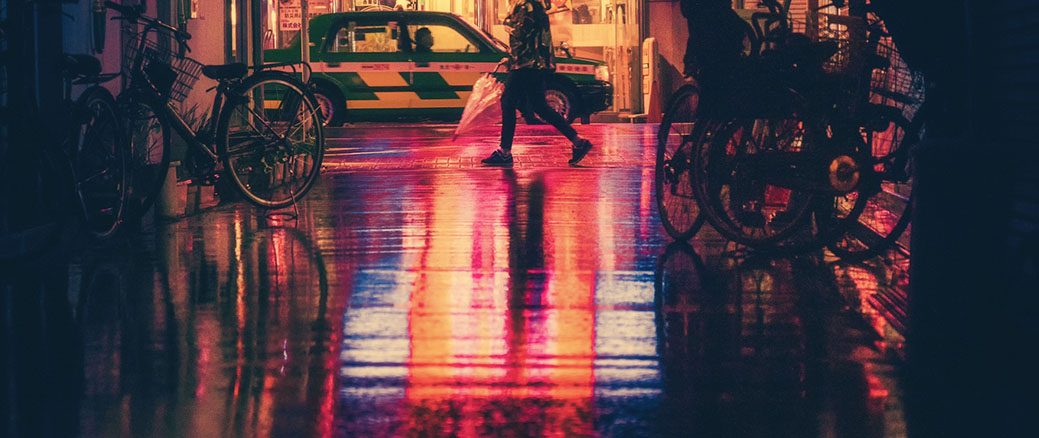
1) Where You Are Born: Quite, peaceful cities vs. war-torn jungles. Freedom vs. the confines of an autocratic regime. A child born in war-torn Syria simply does not have the same opportunities as a child born in a developed Western country. A refugee who spends their entire life trying to flee their home country cannot possibly achieve what a well-educated person is predisposed to accomplish.
The mere fact an individual is born in the United States has unbelievable advantages. With all the crap in the news right now, we cannot lose track of this.
This is why people are willing to risk everything—their lives, families, health, entire savings—to be here. Building a wall will not stop fire that drives people toward the opportunity our country presents.
2) Who Your Family Is: Stop here and consider the incredible influences of a family—socioeconomic status, race, gender (genetic gamble), and to many degrees, education.
A baby cannot change who it’s parents are. A baby cannot change its genetic makeup. We are stuck with the realities of our family from day #1.
How good of a chance do you think a baby has after being born into a opioid addicted household? Or what about those kids who were held captive in their own house for years? The outlook could not be more dismal.
Reframing Luck
I hate to call these two things luck. Luck is such a terrible word in that its definition applies equally to winning a million dollars as it does to being born in the streets of South Sudan.
This is not luck. This is the reality of the world we live in.
As much as we want to believe in the power of perseverance to create our own good fortunes, some people simply never have the chance. Some people never even have the chance of new opportunity.
It’s not that I don’t believe in luck. It’s that I believe in giving better opportunities to all.
I hope you feel the same.
See you next Sunday at 8:30pm. 🙂

